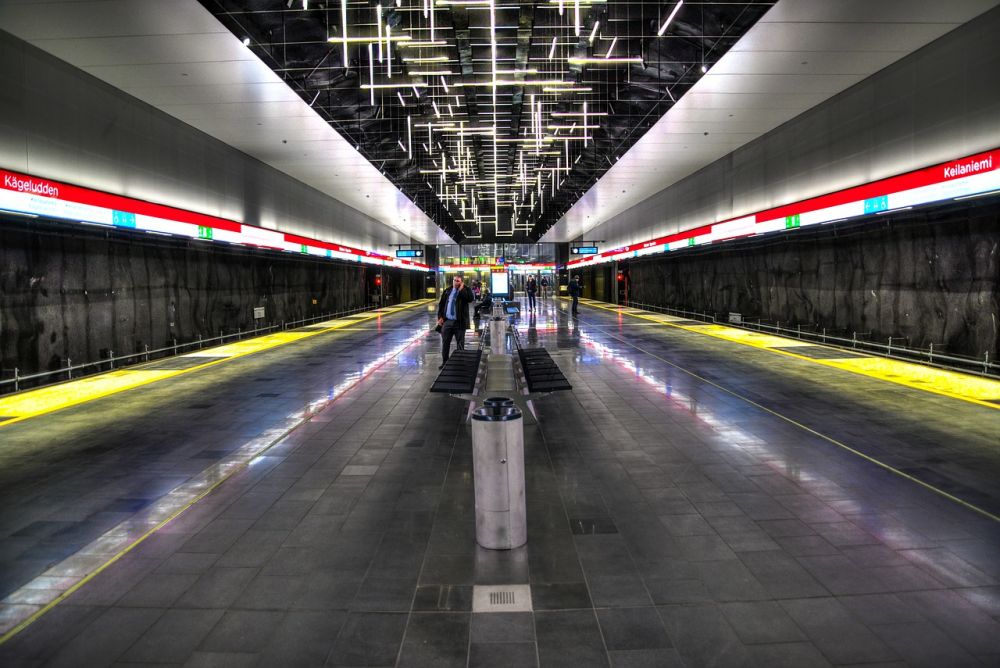Helsinki update: Artificial Intelligence plays the key role in AI4Cities
23 June 2020
Seeking AI solutions to tackle carbon neutrality goals and challenges in mobility and energy needs co-operation between cities and companies. The cities in AI4Cities offer an excellent testbed for testing new solutions. How to utilise and optimise the use of AI to support the city’s energy and mobility challenges to meet carbon neutrality goals?
Artificial intelligence has already been utilised in many technologies and solutions that help us in our daily lives. CompTIA Emerging Technology Community has recently released an annual Top 10 Emerging Technologies list, focused on identifying which emerging technologies have the most potential for near-term business impact. Artificial intelligence was in the first place.
When AI is used in the right context it creates new understanding and knowledge from combined data sources and patterns in large data volumes. Here is an example of how AI can be utilized in practice. The solutions for building maintenance create meaningful and actionable information of huge amounts of data that traditionally has been monitored with dashboards, presenting hundreds of datapoints with various types of meters and indicators. The approach has been to move from meters and indicators towards two types of analysis: what is the root cause and what is the annual cost if the problem or a broken part doesn’t get fixed. The root cause analysis will produce actionable information on typical situations, like the estimated annual costs which makes it easy to understand prioritisation. The AI will support that kind of decision making and while doing so, make sure that different workers operate the building in the same way.
Often these kinds of services are based on analyses of waste amount sensor data, collected during a long period of time. When thinking about the European innovation system, we cannot have such a hurdle that only companies that have decades of experience can provide meaningful products. Therefore, in Europe we should study ways on how to start creating open AI algorithm libraries and do that together with substance specialists, like building automation engineers. The value is in the product, not in the code.
To achieve the climate targets in the cities, we need to have the newest technologies and the most innovative companies to help us. Artificial intelligence together with the companies knowhow creates enormous potential for cities that want to find solutions for CO2 emissions in the energy and mobility sectors. These two domains are the biggest emission sources in many cities and often cover even 95% of them.
In the AI4Cities project we are expecting to see prototypes that are using AI and data to improve effectiveness of the usage of the energy or optimise the traffic, as well as reasonable and sensible indicators for the resource and action management of the cities. The solutions should be based on a decoupled, distributed microservice approach instead of monolithic services. It also should be noted that the output of AI is not necessarily a user interface or mobile app but often another API, one which provides processed data following the same API guidelines the city already has.
The Urban Platform –concept has evolved through several H2020 projects. It is essential to emphasize, that an Urban Platform is not a single service or platform but a collection of services that integrate by using harmonized, open API’s.
It is further important to note that the architecture of the platform also defines the involvement of the city: in a distributed platform, the role of the city is to be a catalyst and support the effort by harmonizing and piloting new approaches. The cities tend to hesitate in providing a platform for companies, because the liabilities and service level expectations are hard to meet.
The AI4Cities project offers an opportunity for companies to develop and test solutions that are not yet on the market and gain valuable feedback and experience in real life prototyping in a city environment. The cities as testbeds can provide the companies with the information they need to make their solution a future product on the market and the piloted solution can be a substantial reference for the company.
Do you have on AI solution that could be used in the city to improve mobility or energy? Sign up for our newsletter to stay tuned for the upcoming open call!
Image (Pixabay) by "Skitterphoto", licensed under Pixabay License
All news
